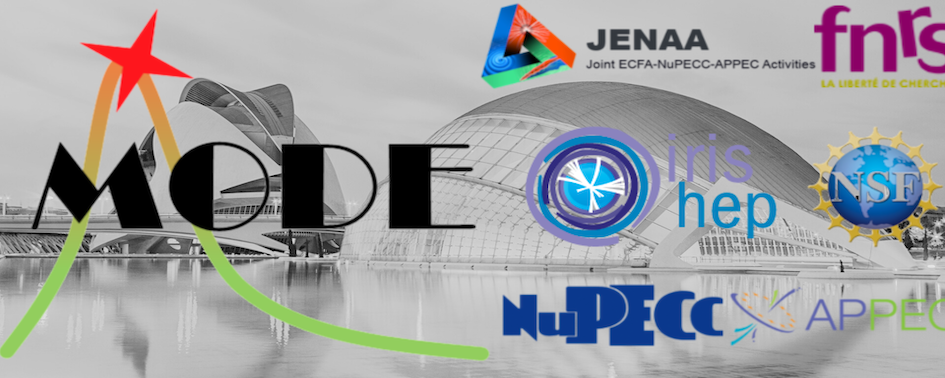Speaker
Description
Machine learning holds significant potential for improving Muon Scattering Tomography (MST) material identification. However, the complexity of acquiring sufficient MST data for machine learning applications remains a significant challenge. To circumvent this, there is a growing interest in creating MST synthetic datasets using Geant4, a software that can accurately simulate muon-material interactions while mirroring real-world scenarios. Yet, traditional time-intensive scene generation significantly limits the scalability of data generation pipelines. Our research introduces scalable synthetic data generation advancements with detailed 3D scenes using Geant4. Then, we propose a novel data workflow specific to MST to simulate scenes with different materials and shapes to evaluate the effectiveness of deep learning techniques in identifying material properties. Our experimental results yield enhanced material identification while highlighting the current challenges in designing deep learning algorithms for muon tomography applications.
